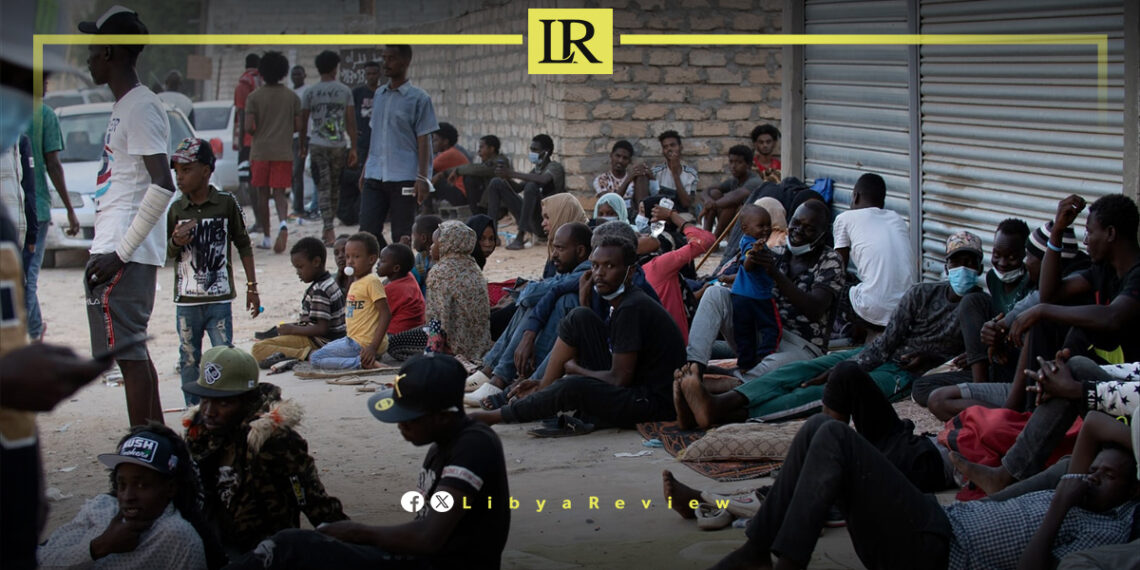The war between the Sudanese army and the Rapid Support Forces has forced millions to flee their homes, either internally or to neighbouring countries, including Libya. Sudanese refugees enter Libya through the border triangle and into the town of Kufra, which now struggles with the influx of displaced Sudanese.
Abdullah Suleiman, a spokesperson for Kufra municipality, told Reuters that “the number of documented Sudanese refugees has reached 40,000, not counting those who enter Libya without being registered.” He added that the humanitarian conditions for the Sudanese refugees are dire, with minimal support from both local and international organisations.
In Benghazi, however, the situation differs. A group of long-standing Sudanese residents in Libya has launched the Isnad initiative, meaning “Support.”
The initiative has successfully arranged jobs for many refugees, both men and women, across various sectors. Among those assisted is Mariam Mahdi Suleiman Omar, a 43-year-old mother of five from Omdurman. Mariam recounted, “We left Sudan on 15th February after a shell hit our house. The economic situation was dire, and we could hear the fighting clearly. We left with just the clothes on our backs and our identification papers; my husband lost his shop in the market.”
After a difficult five-day journey, they reached Kufra, completed the necessary procedures, and headed to Benghazi. Mariam explained that the Isnad initiative helped her secure a temporary job in a confectionery lab, but due to her diabetes, she couldn’t continue. The initiative then found her a job as a cleaner at a hospital. “The salary is not enough for all our needs, but it’s better than life in Sudan,” she said.
Mohamed El-Mahdi Mohamed, 64, head of the Isnad initiative, confirmed that it is a grassroots movement without any formal support. He emphasised the importance of the project in helping refugees secure employment and maintain their dignity.


